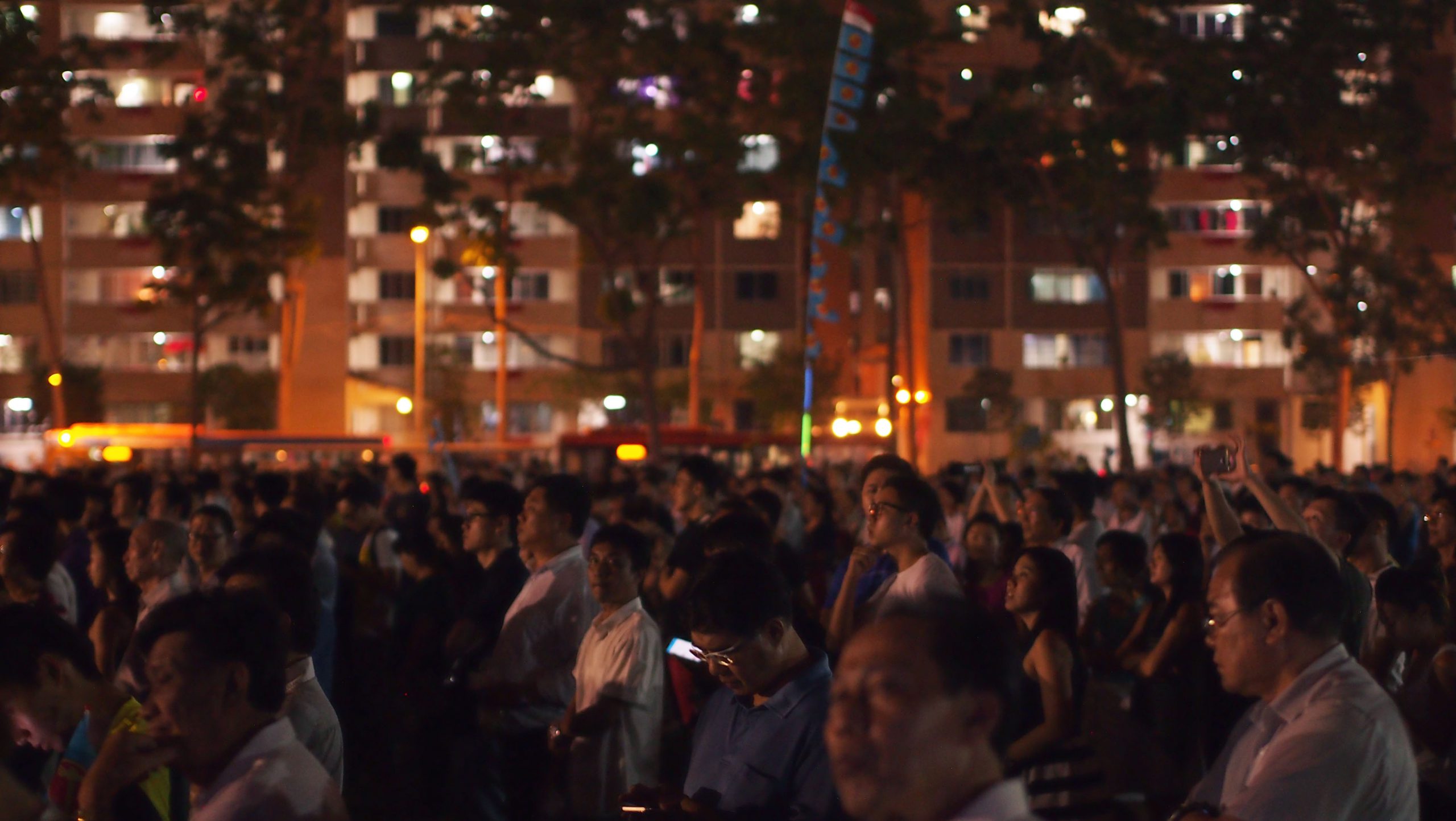Post-political Elections-Opposition Party Rallies as Popular Mobilisations in Singapore
February 10, 2025
With the General Elections around the corner, there is a palpable mix of excitement and nervousness among Singaporeans, reminiscent of the fervour surrounding the 2020 General Elections. Five years ago, the Workers’ Party (WP) secured a landmark victory in Sengkang GRC, coupled with the rise of political star Associate Professor Jamus Lim, whose speeches became a focal point of national debate. Opposition party rallies, though held in a one-party dominant state like Singapore, consistently draw massive crowds, illustrating a paradox where popular mobilisation thrives even as the ruling People’s Action Party (PAP) maintains electoral dominance.
In ‘Post-political Elections: Opposition Party Rallies as Popular Mobilisations in Singapore’ (Asian Studies Review, 2020), Assistant Professor Emily Hui Ching Chua (NUS Sociology and Anthropology) examines the political significance of these opposition rallies and proposes an interpretive framework to explain why such mobilisations occur in Singapore’s post-political electoral landscape.
In this ‘post-political’ context, democratic institutions no longer encourage open political debate but focus mainly on managing citizens’ lives to meet economic demands. In a similar vein, these parliamentary elections have shifted from being spaces of contestation to mechanisms for administering citizen interests. Chua contends that these rallies are not just moments of opposition campaigning but performative spaces where citizens can assert political subjectivities that the formal electoral process tends to suppress. By framing Singapore’s elections as ‘post-political’, these rallies can be viewed as sites of political resistance.
Interestingly, Chua finds that unlike the violent uprisings typically discussed in post-political studies, Singapore’s opposition rallies are officially sanctioned events that allow citizens to engage with alternative policy proposals, and broader issues such as socioeconomic inequality and visions for a more inclusive and compassionate society. These opposition rallies, which draw massive turnouts and fervent support, serve as avenues for citizens to express affective and immaterial concerns that transcend the economic focus of formal governance.
In this view, opposition rallies remain a crucial part of sustaining political dialogue within an airtight political system like Singapore’s. Analysing these rallies as politically meaningful events provides a holistic view of political participation in authoritarian contexts.
Read the article here.

